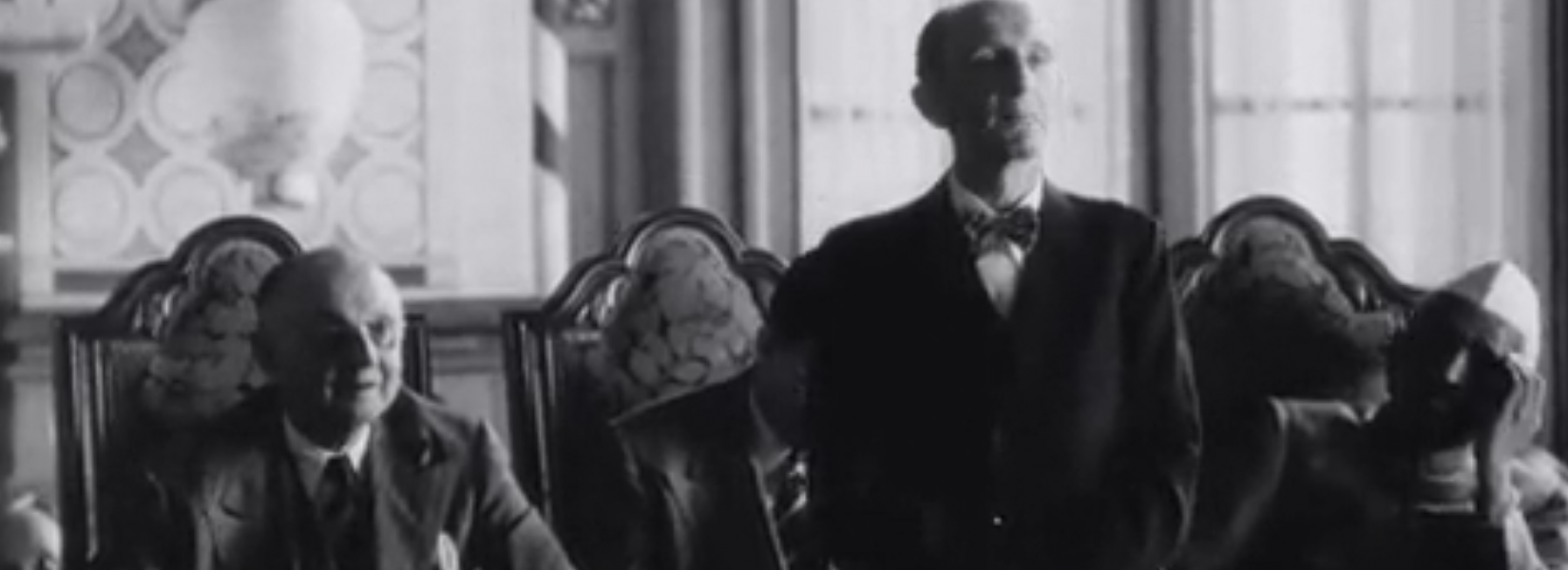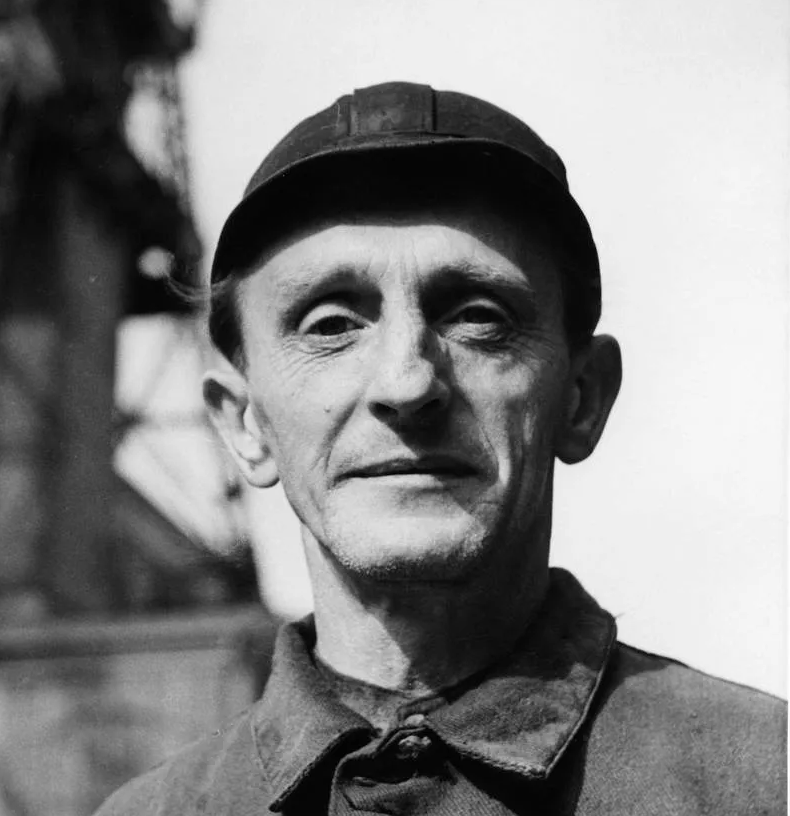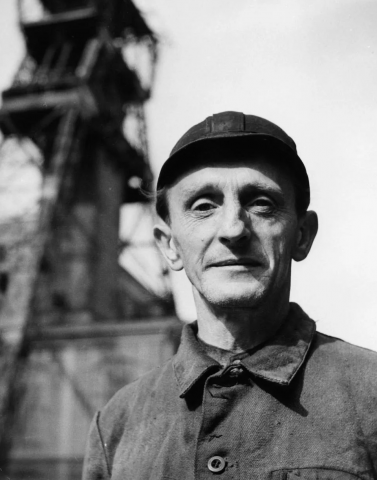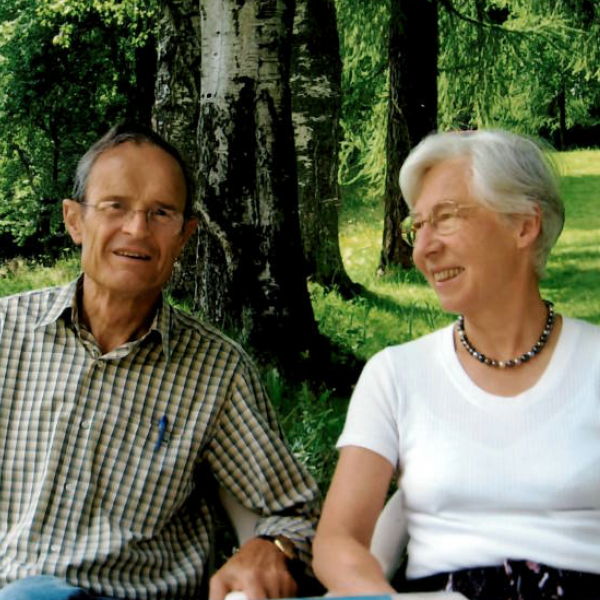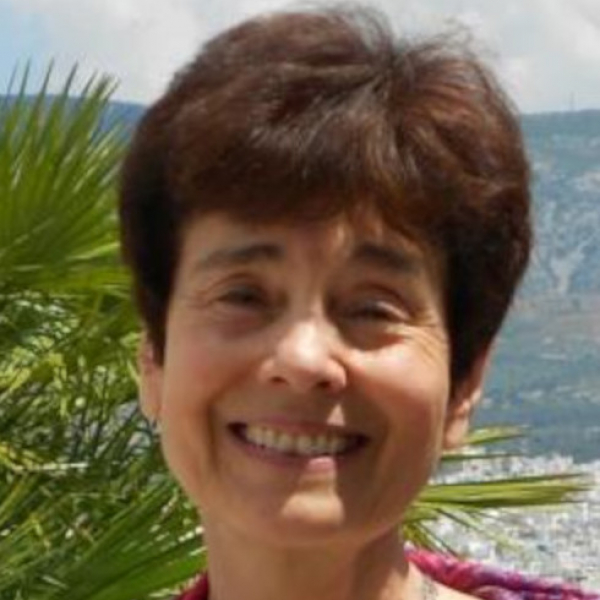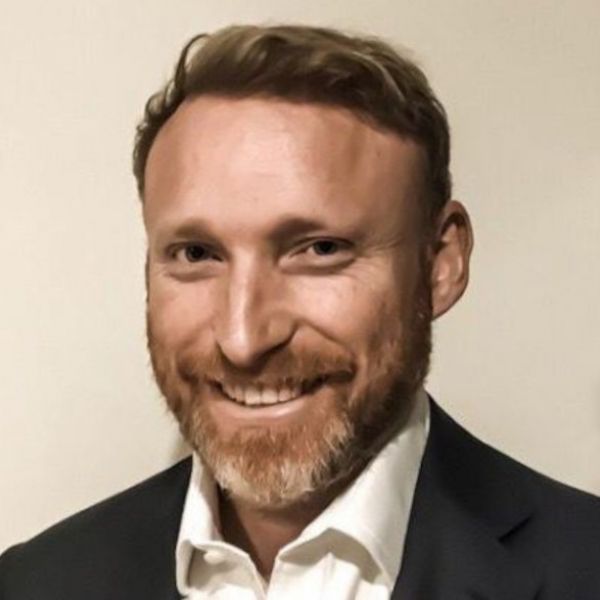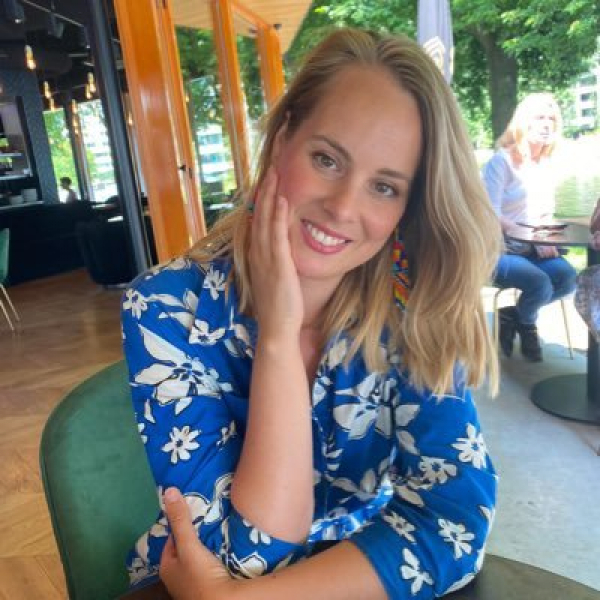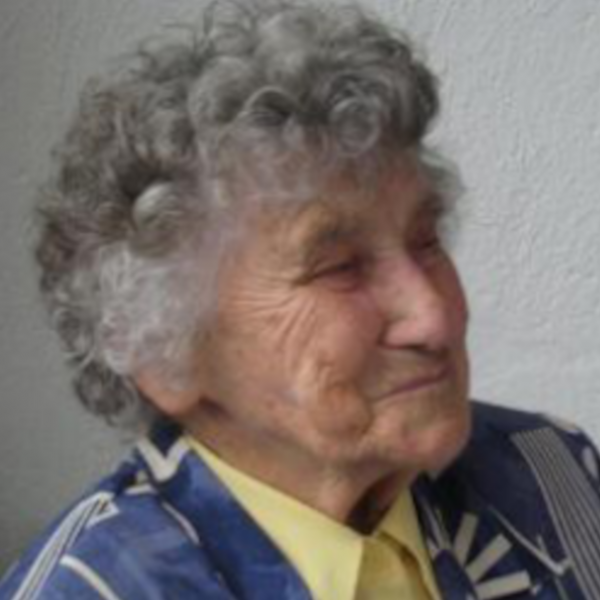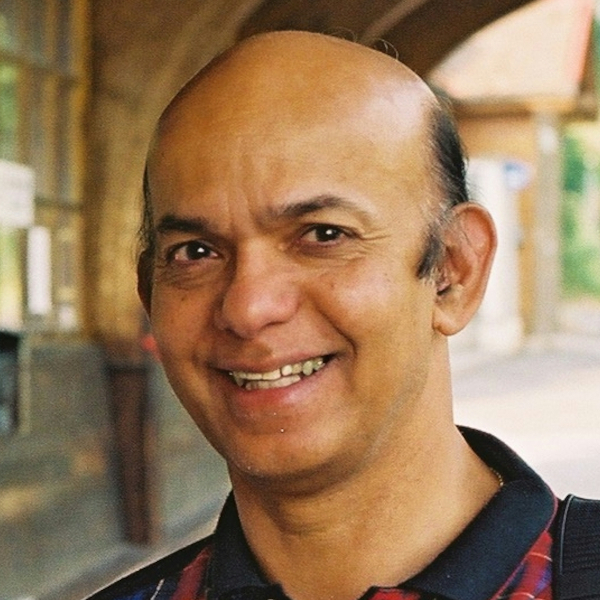
1949 - Max Bladeck: Beyond class war
By Mary Lean
05/02/2021
Max Bladeck joined the Communist Party as a young German coal miner in the 1920s. He remained loyal during the Hitler years when tens of thousands of communists were imprisoned or lost their lives. By the time he arrived in Caux in 1949, his lungs were affected by silicosis, and he could no longer work in the mines. He was chair of the works council of one of the pits in his town, Moers, and a member of the Party’s provincial executive for North Rhine-Westphalia.
Max left Caux convinced that there was a better way to social justice than class war. He had seen that capitalists could change their ways and that the path to world peace involved making ‘enemies into friends’. He and other German communists who had been in Caux visited party headquarters to recommend that they find out more about the ‘revolutionizing ideas’ of Moral Re-Armament (now know as Initiatives of Change).
Bladeck had first encountered the ideas of Caux a few months earlier, when an international team came to Moers with "The Forgotten Factor", a play about an industrial conflict being solved through changes in attitudes on all sides. Their visit was part of a two-year campaign in the Ruhr, the heart of Germany’s coal and steel industry. The area was vital for Germany’s reconstruction and a testing ground for Marxist and other approaches to industrial relations. Some 120,000 people in the Ruhr saw the play between 1948 and 1950.
In each town, the cast and crew were accommodated in local homes. Max and his wife, Grethe, offered a sofa in the living-room of their three-room house to a young Norwegian, Jens Wilhelmsen. Every night, the two men sat up late locked in ideological debate.
Our ideological and political viewpoints were still far apart, but a certain trust was growing between us.
Jens made little progress until he had an unexpected thought in his morning meditation: ‘Stop preaching to Max about everything that is wrong with the cause he has given his life to. Instead tell him where you have a problem living what you preach.’ That evening Jens told Max about times when he had failed to live up to his ideals. To his surprise, Max began to respond in kind. ‘Our ideological and political viewpoints were still far apart, but a certain trust was growing between us.’
After the play left Moers, the town’s political activists and trade unionists came together to discuss the fall-out. The communists were vocal, accusing Moral Re-Armament of playing the class enemy’s game. At the end, Max dropped a bombshell: ‘Comrades! We know that Marxism is the thesis and capitalism is the antithesis. Could it be that Moral Re-Armament is a synthesis?’
This proposition was regarded as heresy. Things only got worse when Max and his colleagues went to Caux. Finally, when they challenged the Communist Party to adopt’s Moral Re-Armament’s approach, they were thrown out of the party and subjected to a campaign of defamation and threats. Yet when the works council elections came round, most received more votes than ever before.
This pattern was repeated all over the Ruhr. Between 1948 and 1950, the communists’ share of seats on the coal and steel works councils fell from 72 per cent to 25 per cent. The improved industrial relations were reflected in a new law on co-determination in heavy industry, which gave employees half the seats on company boards and put the day-to-day running of the company into the hands of three directors, one proposed by the unions.
In 1950, Artur Sträter, Minister of Economics for North Rhine-Westphalia, said that ‘the ideology of Caux’ had broken ‘a great bottleneck’ in Germany’s coal production. Many factors played a part in Germany’s post-war economic miracle: the visits of workers and management to Caux were among them.
Watch a short footage with Max Bladeck in Caux from "Caux first years" (22'45)
This story is part of our series 75 Years of Stories about individuals who found new direction and inspiration through Caux, one for each year from 1946 to 2021. If you know a story appropriate for this series, please do pass on your ideas by email to John Bond or Yara Zhgeib. If you would like to know more about the early years of Initiatives of Change and the conference centre in Caux please click here and visit the platform For A New World.
- Photos: Initiatives of Change
- Video: IofC Film Archives
